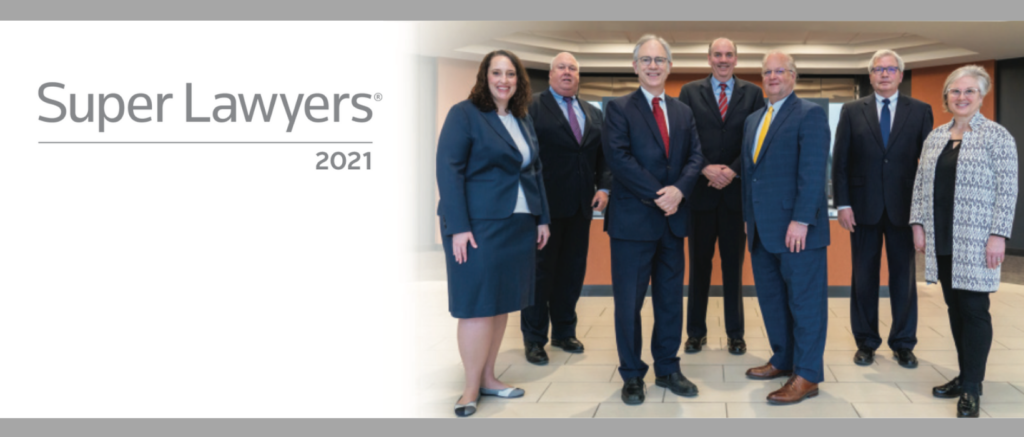What are Transfer on Death Deeds (TODDs)?
08.03.2021 Written by: Henningson & Snoxell, Ltd.

The adage, “if it’s too good to be true, it probably is” often applies to Transfer on Death Deeds (TODDs).
A TODD is a deed that beneficiary designates a property to someone upon the owner’s death. To be valid, a TODD must be signed/dated/notarized and recorded with the county recorder prior to the owner’s death. Because a TODD doesn’t convey title to the property until the owner dies, the owner continues to own the property and can sell, gift, mortgage, and otherwise “enjoy” all aspects of property ownership without involving the beneficiary. Assuming the owner still owns the property at his or her death, the beneficiary clears the owner’s name from title using an Affidavit of Identity and Survivorship and a certified copy of the decedent’s death certificate.
Because the process to clear title from the decedent’s name is simple, expedient, inexpensive, and avoids the need for a probate proceeding, TODDs are used as estate planning tools.
What can go wrong?
The most common problem with a TODD is that the owner beneficiary designates more than one person as the beneficiary. If the owner has 4 children and names all 4 children as beneficiaries, title vests in the names of all 4 children at the owner’s death. This means all 4 children co-own the property and must work together to pay bills relating to the property and make other decisions about the property (e.g. whether the property should be sold or rented). When the time comes to convey title, all 4 children and their spouses must sign conveyancing documents.
If all 4 children are cooperative adults with sufficient assets to cover the expenses relating to the property until it can be liquidated or become income-producing, they can make this work, but if a child is a minor, is an incapacitated or uncooperative adult, is deceased at the owner’s death, is an adult on government benefits, or is an adult in the process of divorcing or bankruptcy, for example, it’s very difficult and expensive to deal with the property.
Another common issue with a TODD is that title and also the financial obligations secured by the property vest in the name of the beneficiary at the owner’s death. Most beneficiaries are happy to inherit the equity in a property, but they don’t want to inherit (and perhaps can’t afford) the financial obligations tied to the property!
For these, and other, reasons, a TODD is a tool in the estate planner’s toolbox, but it is only used when is appropriate, and then, upon good counsel.
If you are interested in a TODD, ask your Henningson & Snoxell, Ltd. estate planning attorney whether it is a good fit for your situation.

Susan T. Peterson-Lerdahl is a shareholder in the Maple Grove, Minnesota Law Firm of Henningson & Snoxell, Ltd. She is Chair of the firm’s Estate Planning Department and has years of experience counseling individuals and families in estate planning, elder law, probate and trust administration as well as family business succession planning.










 Subscribe
Subscribe Subscribe
Subscribe





